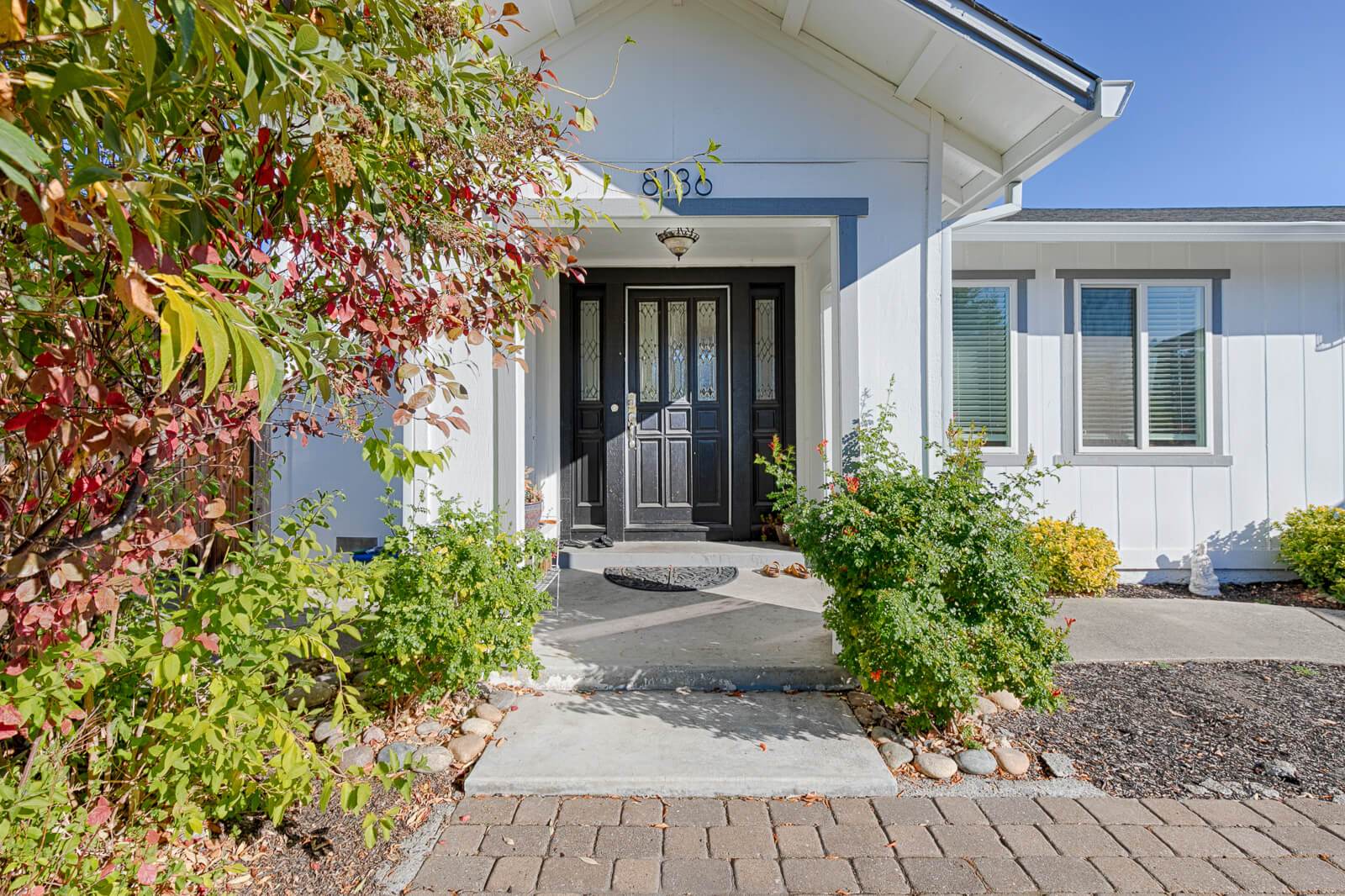
Many individuals who struggle with addiction are susceptible to relapse after getting through the earliest stages of recovery such as detox or withdrawal. Overcoming triggers and cravings is the first step to sobriety, but it isn’t the only step. Individuals struggling with addiction need a safe environment to cope with addiction mindfully while developing habits and skills to resist urges.
Many recovering addicts are not yet ready to join the mainstream. If they are forced to return to their home after completing an addiction treatment program, they might be susceptible to falling back into the vicious cycle all over again. At Life-Rock, we prevent this from happening.
Life-Rock is committed to helping men and women with the disease of addiction to rebuild their lives. Our clean and sober living homes for men and women who have completed an addiction recovery program provide a safe space for everyone before returning home to start their new chapters.
We offer affordable, high-quality housing. Our team goes to great lengths to create a caring and healing environment where newly recovering addicts can prepare for new challenges and opportunities. Residents interact with each other, share their experiences, and reflect on their journeys.
We help prepare recovering addicts with the tools necessary to overcome any challenges that life throws at them without resorting to old patterns of behavior. Men and women in our homes are encouraged to attend 12-Step meetings, read the Big Book, and seek employment. Life-Rock has been working tirelessly to help recovering addicts become functioning members of society.
Our goal is to offer a learning environment conducive for addicts and/or alcoholics to establish positive habits and to unlearn negative habits. The Life-Rock team is on a mission to help individuals who have repeatedly struggled to find true purpose in their life and be able to unlock their highest potential.
Over the years, we have influenced numerous lives. We take much pride in the fact that we play a role in helping others to transform and become the best versions of themselves.
Here are the steps that we take to keep our members focused on their goals.
- We create a structure and routine for every member. With a structure, a recovering addict has a better chance of avoiding temptations and triggers.
- One individual’s poor decision can derail the progress of other members. We are very selective about who we take in. Our director, house manager, and members interview every applicant and follow a stringent screening process.
- We conduct random substance abuse testing.
- We conduct biweekly house meetings. At a house meeting, we discuss important issues and members exchange feedback and discuss their duties.
- We conduct events and outings to foster meaningful relationships.
- We provide the support our members need to start over.
At Life-Rock, we value our clients’ privacy and never share information with any third party. Lending a helping hand to recovering addicts is our primary objective.
From addiction to sobriety, your journey with us will change you for the better. The Life-Rock team will help you stay the course. We do more than just provide housing for newly recovering addicts. Our team helps members create an effective plan to stay clean and sober and live the lives they deserve.
Life-Rock is located in Santa Rosa, CA, and is proud to have helped men and women addicted to a variety of substances including marijuana, psychedelic drugs, cocaine, heroin, alcohol, methamphetamine, and more. To inquire about our acceptance criteria, call us at (707) 484-9111.
